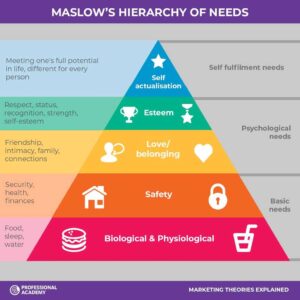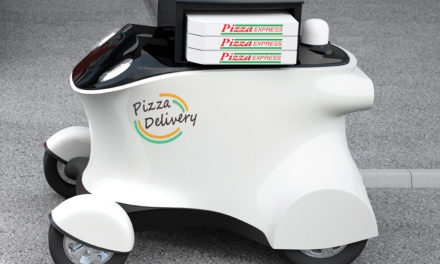What makes a customer keep coming back? In the highly competitive hospitality industry, loyalty is key to long-term success. Acquiring new customers is also much more expensive than maintaining your existing ones.
To keep customers coming back there are a few key points to consider.
Personalized customer experience creates lasting impressions.
Though it might be easy to write off, small touches like a bottle of water with a note upon arrival, accommodating dietary restrictions, special occasions and remembering names, can leave a customer with a lasting good impression. Carla Barajas, owner of Azteca in Spokane Washington, says that an important touch they incorporate is making personal contact with tables. She thanks her patrons in person and tries to show her appreciation for choosing her restaurant.
Adjusting your messaging to the people you are serving is another important component. Hospitality Net uses Maslow’s hierarchy of needs to describe how messaging changes depending on your target customer. For example, a budget motel might showcase their value for money and child-friendly accommodations (the lower three rungs of Maslow’s hierarchy) while a luxury resort might appeal to the top needs by promoting their spa and dining experience.
Furthermore, personalization can be even more specific through use of tech. Using smart-tech hotels can have guest’s rooms set to a specific temperature before arrival and facilitate easy check-ins through having their key on their phone. Our Hospitality Tech toolkit provides more ideas for how to incorporate tech to make your guests experience a personal and memorable one.
Loyalty programs build connections with guests.
Messaging is essential to implementing a strong loyalty program. It is crucial to understand your target audience and what resonates most.
One powerful strategy is to acknowledge and reward customer loyalty through personalized incentives. This approach not only communicates appreciation but also fosters a strong bond between customers and the brand. It goes beyond mere transactional relationships: it is creating a sense of belonging and exclusivity.
In addition to rewarding repeat customers, loyalty programs can also aid in customer retention. For instance, Barajas mentions that Azteca has been running a VIP program for around seven years. This program allows them to gather diagnostic information, such as customer ages and demographics, for targeted marketing. They can then directly email customers to express gratitude and appreciation for their loyalty.
Have open, timely and clear communication to your customers
Timely and clear communication plays a crucial role in building customer loyalty by establishing trust and reliability. By maintaining open and transparent channels of communication, businesses make it easier for customers to rely on them and feel confident in their services. These channels could be social media, websites or even the old-fashioned phone. Implementing a system that consistently and easily communicates with customers, addressing their inquiries, feedback and concerns, demonstrates a commitment to their satisfaction. This proactive approach not only fosters trust but also shows customers that their needs are valued, ultimately strengthening the bond between the business and its loyal customer base.




















![Webinar replay! [Ask a Lawyer] Best hiring practices](https://wahospitality.org/wp-content/uploads/2024/05/CatherineHiring-webinar-150x150.png)









